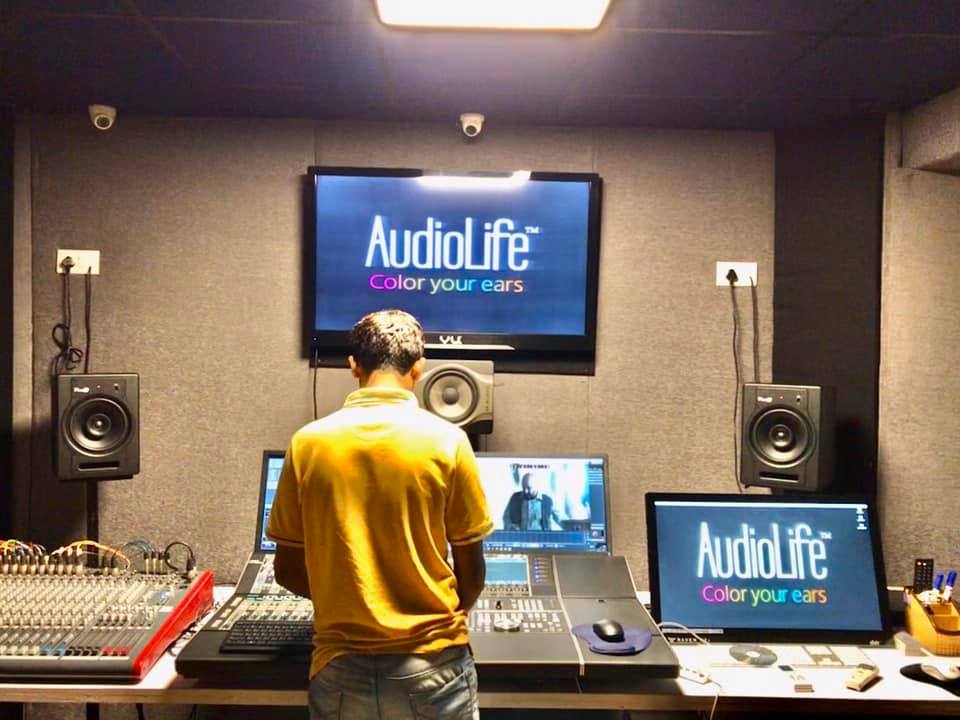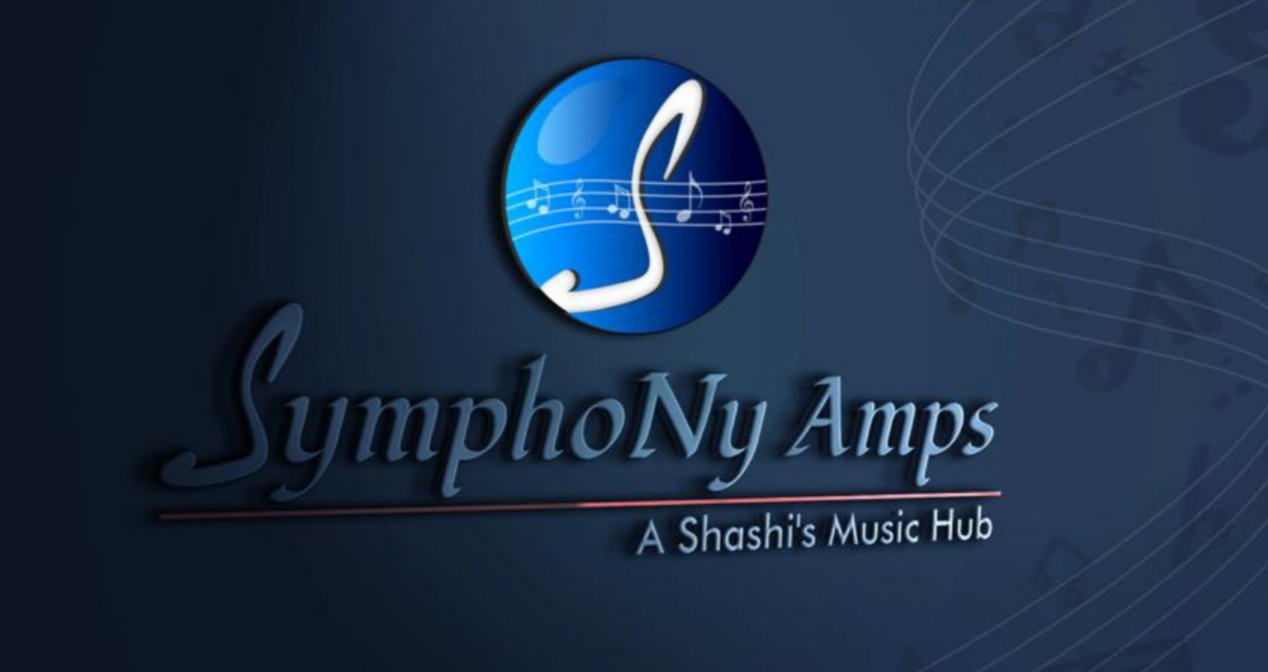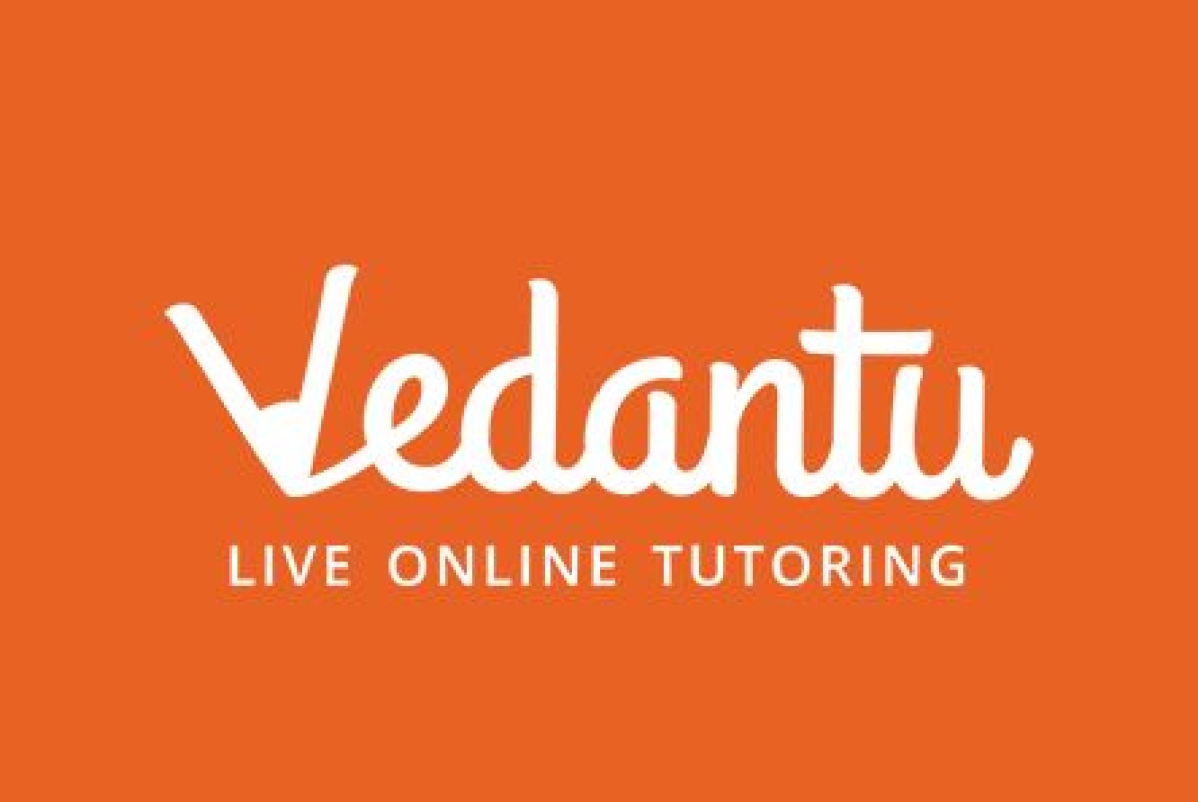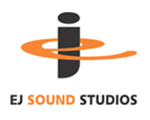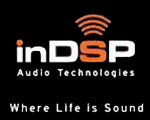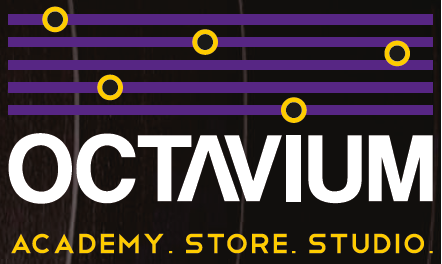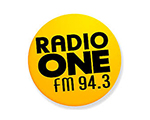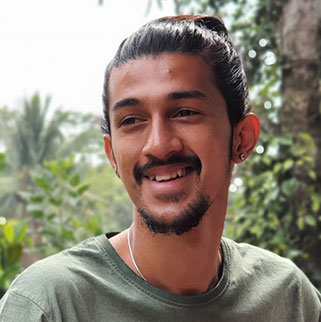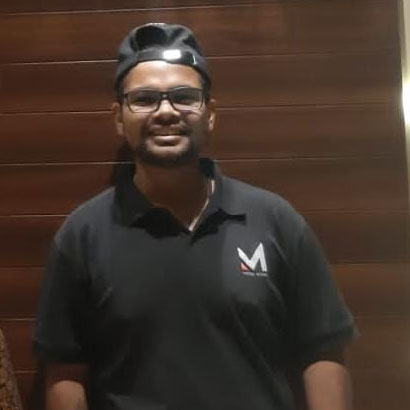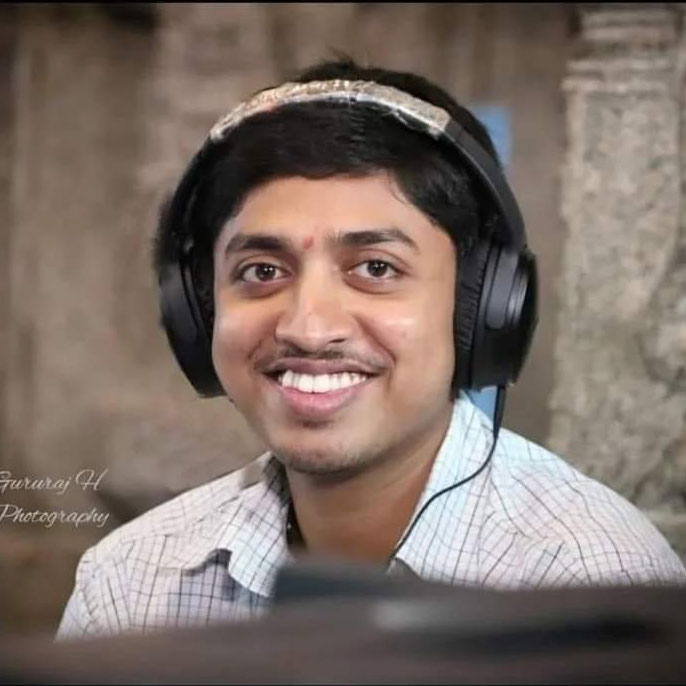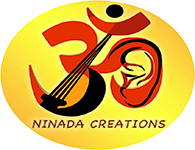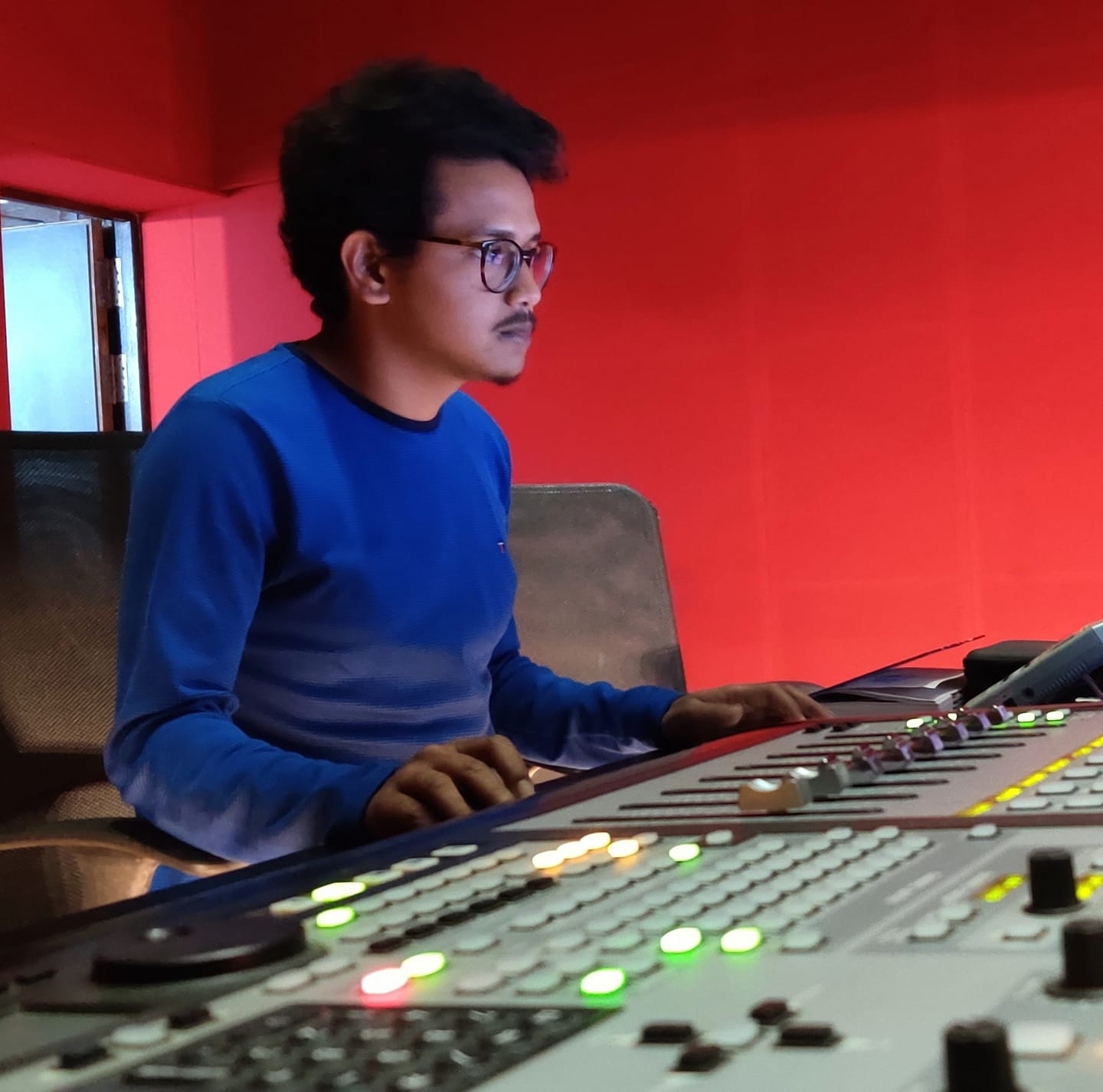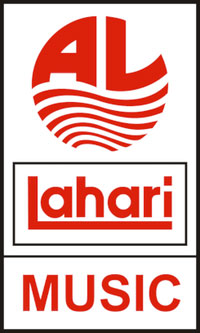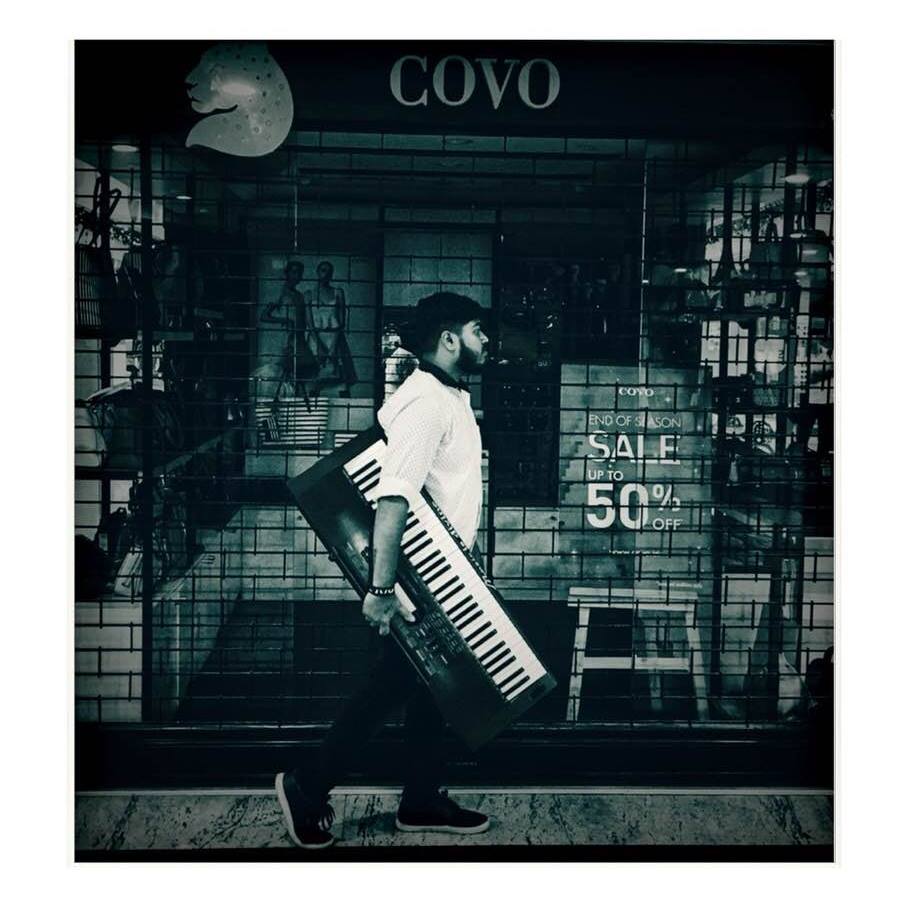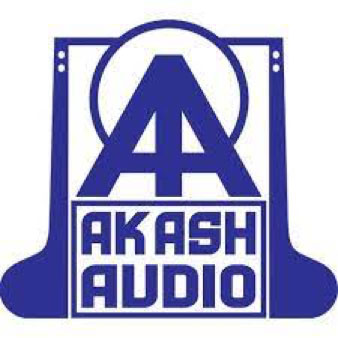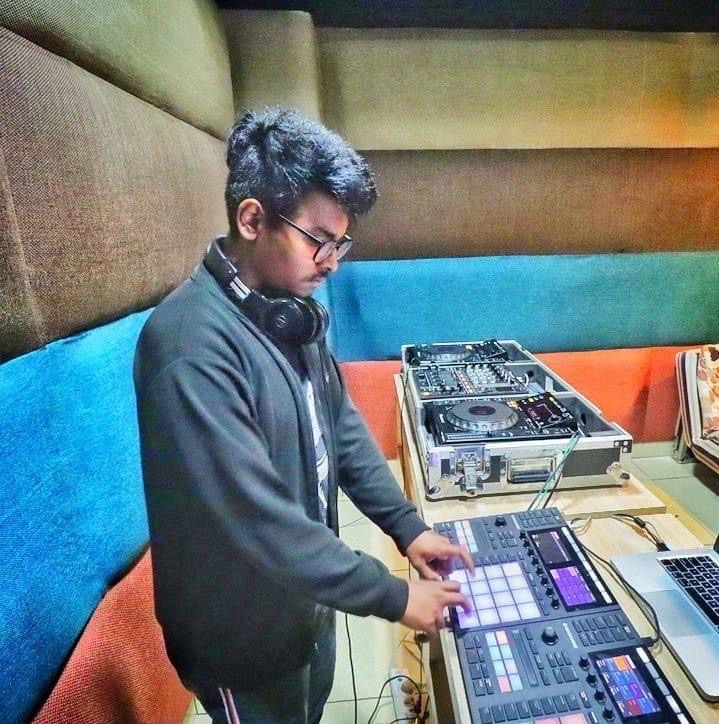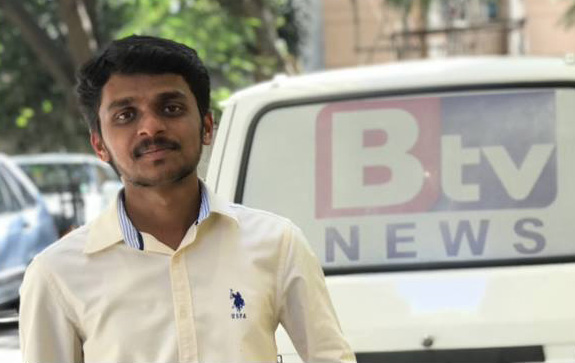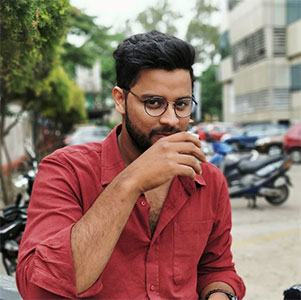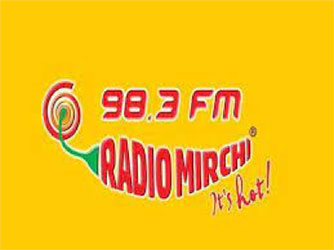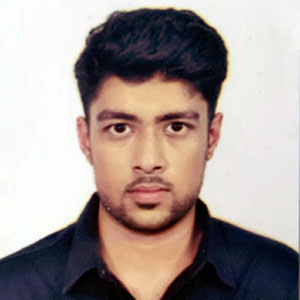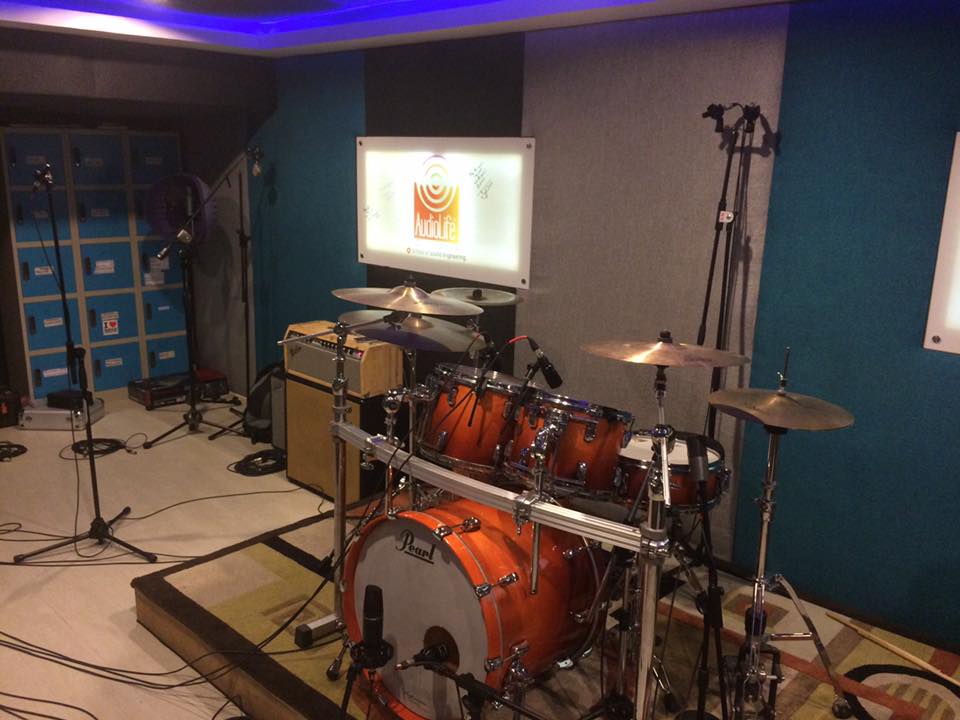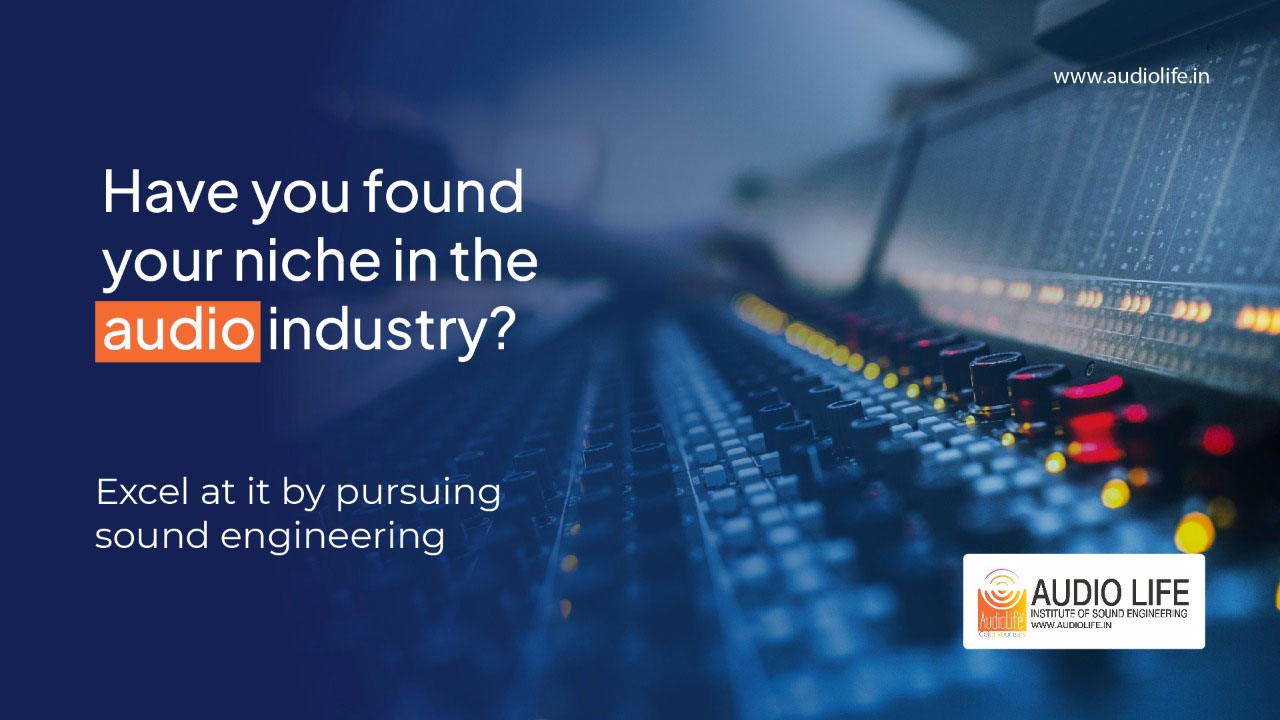About Audio Life
AudioLife School of Sound Engineering is a Premier Music Academy located in JP Nagar, one of the most happening places in Bengaluru. AudioLife is an Award Winning Institute which trains aspiring, passionate and dedicated audio personalities to the industry standards by providing them Electronic sound Education with the latest Industry Technology. It is a place for people from any stream, old or young, working or studying, to pursue a career in the music industry. We offer education and training in B.Voc in Audio Technology, Diploma in Sound Engineering, Electronic Music Production and Disc Jockeying which can be taken up as a part-time course or a Full-time course.
B.Voc in Audio Technology
Duration: 3 YearsTo summarize the advantages of B.Voc courses are that they help ensure the learners have adequate skills, make them work - ready and enhance the employability of the graduate students. A unique feature of the curriculum is the blend of vocational and business management concepts.
Hence, your knowledge and skills are valued at every level and you will be qualified for a suitable job, as per market requirements. You can even explore becoming an entrepreneur in your domain.
B.Voc in Audio Technology, a branch of Audio science, is a career for those who love music and wish to be a part of this industry. B.Voc in Audio Technology is all about capturing sound, recording, copying, editing, mixing, producing and reproducing sound using electronic and mechanical devices. It involves both production and post production tasks. Production part may involve everything from set-up to the actual recording.
Job opportunities for audio engineers and technicians are available in various fields of the entertainment industry such as film, television, multimedia design, animation and CD production units. FM radio stations, private TV channels and advertising firms also recruit sound engineers.
Learning Modules
Students will get a detailed insight of designing, specifying, evaluating and understanding sound in the built environment spans the disciplines of science, architecture and engineering. In architecture, acoustics is concerned with how sound behaves in rooms, transmission of sound between rooms, and the quality of indoor and outdoor soundscapes.
A fundamental understanding of the features and toolsets of the software. You will learn essential techniques to create sessions, recording audio, edit, navigating between sessions, and to use basic routing and mixing techniques which is necessary to deliver quality work.
The complete signal flow of analog and Digital Mixers will be Explained with their circuits , A/D and D/A conversion Schematics , I/P and O/P signal path , inserts , Auxiliary inputs, Pre fader and Post fader and the Master section. Students get to Know About various Analog and Digital Mixers and get Practical knowledge of gain staging and recording through these devices.
We introduce Various Processors and Filters used to shape your sound with compressors, equalisers, Reverbs and Various Modulation effects which are covered in full Detail including their circuit topology and Functions.
Followed by various Microphone Recording Techniques , Stereo Mic Techniques like X/Y, ORTF, Spaced Mic Setup, Drum Mics, Vocal Mic Setup , Instruments and Percussion Mic Setup and other techniques are practically explained to the Students.
This Section covers the Detailed Mixing Techniques using Industry standard Audio Plugins and Hardware units from Solid State Logic and others. Using a Hands on practical Approach, Students are taught how to shape up the audio from scratch and make it a Polished Record.
This Section covers the Detailed Mastering Techniques using Industry standard Audio Plugins and Hardware units from Solid State Logic and others. Using a Hands on practical Approach, Students are taught how to shape up the audio from scratch and make it a Polished Record.
Detailed concepts of Signal processing , Automation , Side chaining ,Metering , Limiting ,Track Groups , Audio Import and Export formats are covered , giving the Students a thorough Knowledge of Advanced B.Voc in Audio Technology Concepts.
This section gives a complete insight into Industry Standard software Logic Pro. Every detail from the setting up your sound card , Track Laying, Editing to the arrangement window is covered.
We then introduce Various Processors and Filters used to shape your sound .Compressors, Equalisers, Reverbs and Various Modulation effects are covered in full Detail including their circuit topology and Functions.
While you don't have to be a musician or composer, knowing a few essential aspects of Music Theory can make you a better Audio Engineer. Music theory considers melody, rhythm, counterpoint, harmony, form, tonal systems, scales, tuning, intervals, consonance, dissonance, durational proportions, the acoustics of pitch systems, composition, performance, orchestration, ornamentation, improvisation, electronic sound production, etc
Basic introduction to concepts of Music with an aim to enable the sound Engineer to communicate more effectively with Musicians. We also cover various techniques of MIDI Music Production. Students are also Taught how to synthesize their own sounds using LFO’s ADSR and other components of Synthesizer.
A Film is Not Complete without its Sound Design. In this module we explore various aspects of sound design including Foley, FX Laying, Dialogue Dubbing & Matching, ADR takes, Combining dialogues, FX and Background score together to create the complete sound stage of a film.
Skill development utilizing the technology, creative application and requirements for producing audio soundtracks for film and video; sound design for sound effects; 5.1 surround mixing; and the audio mastering process. Demonstrate the use of time code and synchronization to mix and prepare video for audio playback; construct basic soundtrack; collect field recordings for sound effects; sound design for sound effects. Identify and implement the eight basic steps of mastering audio. The student will be able to create a 5.1 surround sound music and/or film mix from a multi-track recording.
Here we deal with Various Aspects of Live sound including, Systems Engineering, Setting up Microphones for a stage, Types of microphones to be used in a Live Performance. Crossover networks, Amplifiers and Loudspeakers.
We will have Real Time Live Setups organized for Students and Guest Lectures / Workshops from the most renowned Live Reinforcement Engineers in the Country!
We'll study the basics of editing, mixing, storage media and the mastering process. You'll get experience with acoustics, microphones and analog and digital recording, and you'll apply your knowledge to create a pro-quality audio project for music or film.
Music business majors may study any number of areas including: how music is created, monetized, and consumed; music publishing; licensing; copyright law; and royalties. You'll learn what goes into artist manager careers, songwriting, live performances, and other parts of the business side of music.
Students will get a detailed insight on the development, planning, and brand building among media enterprises. This course program trains its students to develop an understanding and experience on the production, marketing, finance, and operations in the field of media management.
